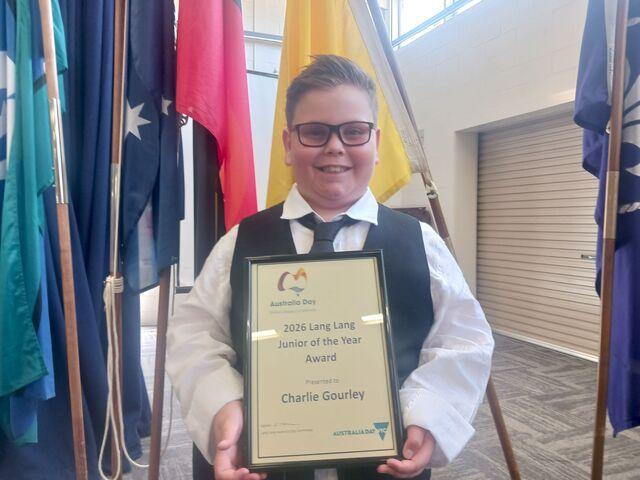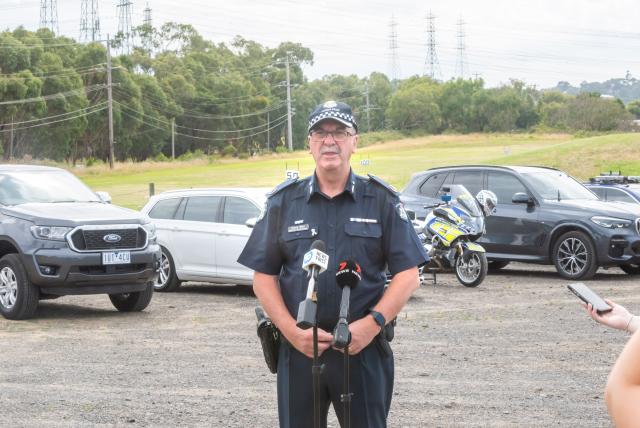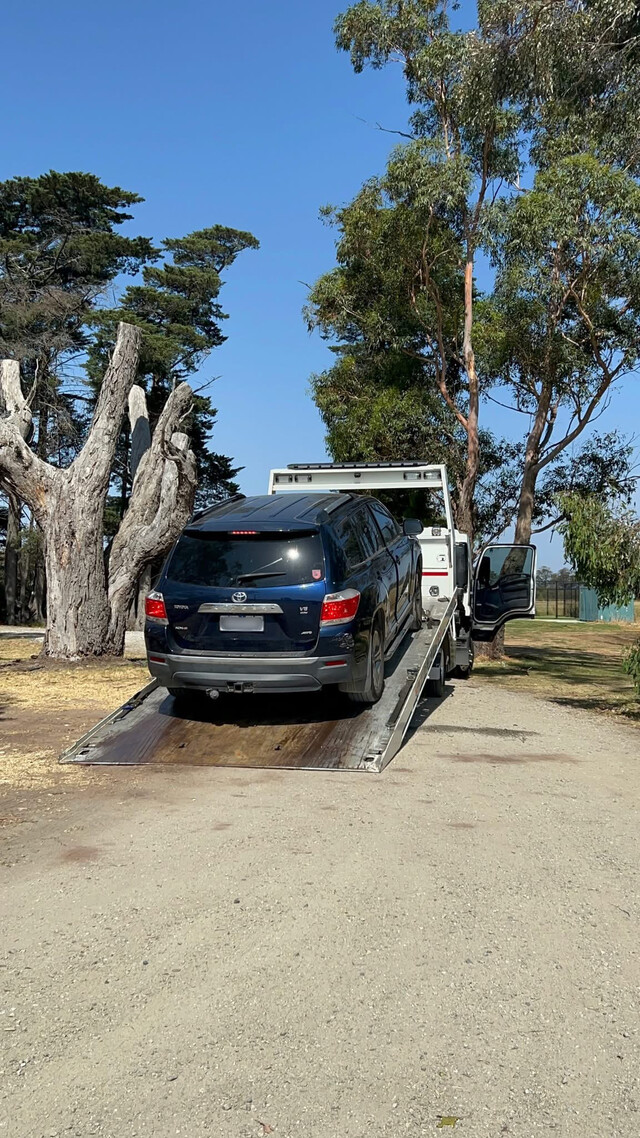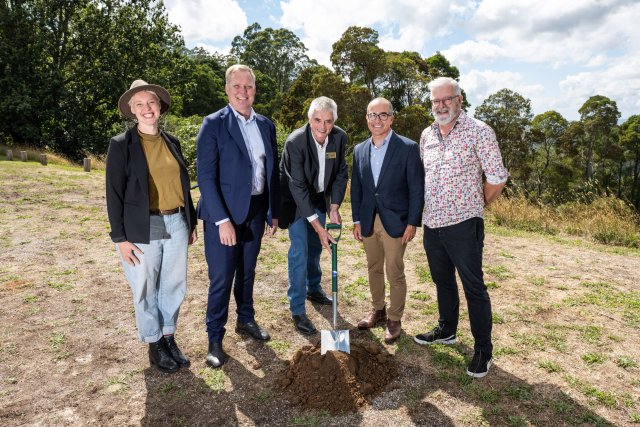The numbers of fatal overdoses in Pakenham have doubled, new research has discovered.
It warns against the “hidden epidemic” that is the rise of deadly pharmaceutical drugs such as sleeping tablets, anxiety tablets, and painkillers.
In a five year period ending in 2016, 28 people died from a drug-related death in the Pakenham area, according to research by the Penington Institute.
This is double from 14 deaths a decade earlier.
“The number of drug-related deaths in this part of the outer east bordering west Gippsland is trending upwards and that is a major concern,” Penington Institute CEO John Ryan said.
“An increase of 14 deaths in the years spanning 2012 to 2016 compared to 2002 to 2006 should act as a strong wakeup call.”
The biggest killer drugs in the region were opioids, such as codeine, heroin, oxycodone and fentanyl.
Nation-wide, deaths involving sleeping and anxiety tablets, also known as ‘Benzos’ or benzodiazepines, are on the rise.
In 2012-16, there were 2177 Benzo-related deaths across Australia.
Amphetamines including the drug ‘ice’ rose to being the third most common substance in overdose deaths (1237 in 2012-16), overtaking alcohol.
Dr Matthew Frei, clinical director at Eastern
Health’s Turning Point drug-and-alcohol treatment service, said Benzos and painkillers were widely prescribed.
“Having pain or stress or not being able to sleep requires a more complicated response than a pill.
“They’re widely prescribed by doctors because they are the main medical treatment for common conditions such as anxiety and insomnia and chronic pain.
“Doctors are getting more educated and getting more conscious … I do think we need to change our views on what is the answer to these common problems.”
Patients also needed to rethink their expectations about getting a quick, prescription fix, he said.
“What makes them an issue is they’re basically sedating drugs.”
For example, chronic pain or anxiety could be addressed by changed lifestyle, diet and activity, physiotherapy and psychology.
“Though it’s not as immediate as taking a tablet, we know they work. And they don’t carry the risks that these tablets will carry.”
The Penington Institute is calling for the Federal Government to review of the soaring prescription levels for the painkiller, fentanyl, and to substantially increase drug treatment.
Mr Ryan noted that drug use was a health issue more than a law issue, due to most overdoses involving pharmaceuticals.
“We need more education.
“We desperately need more support for families.”

















